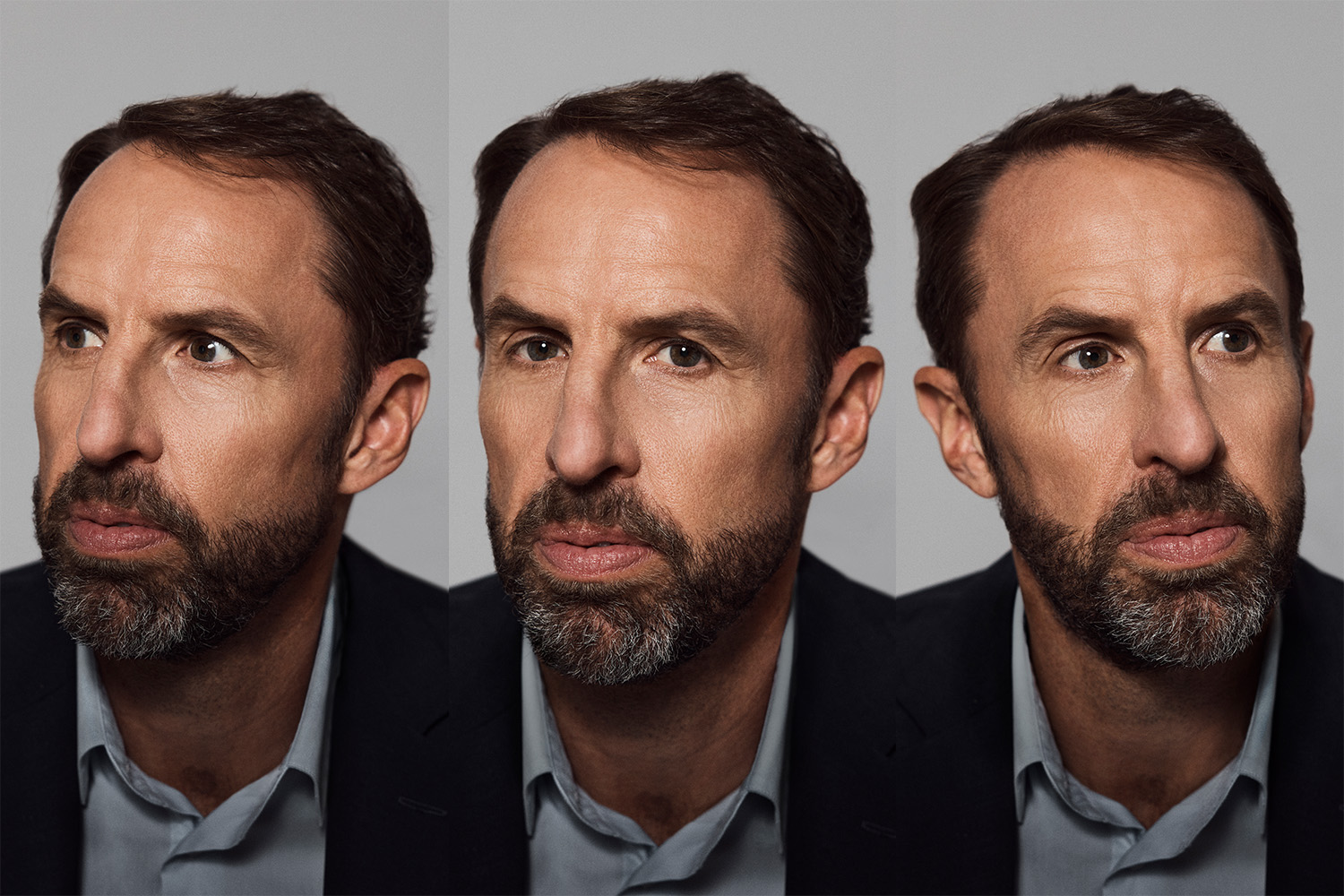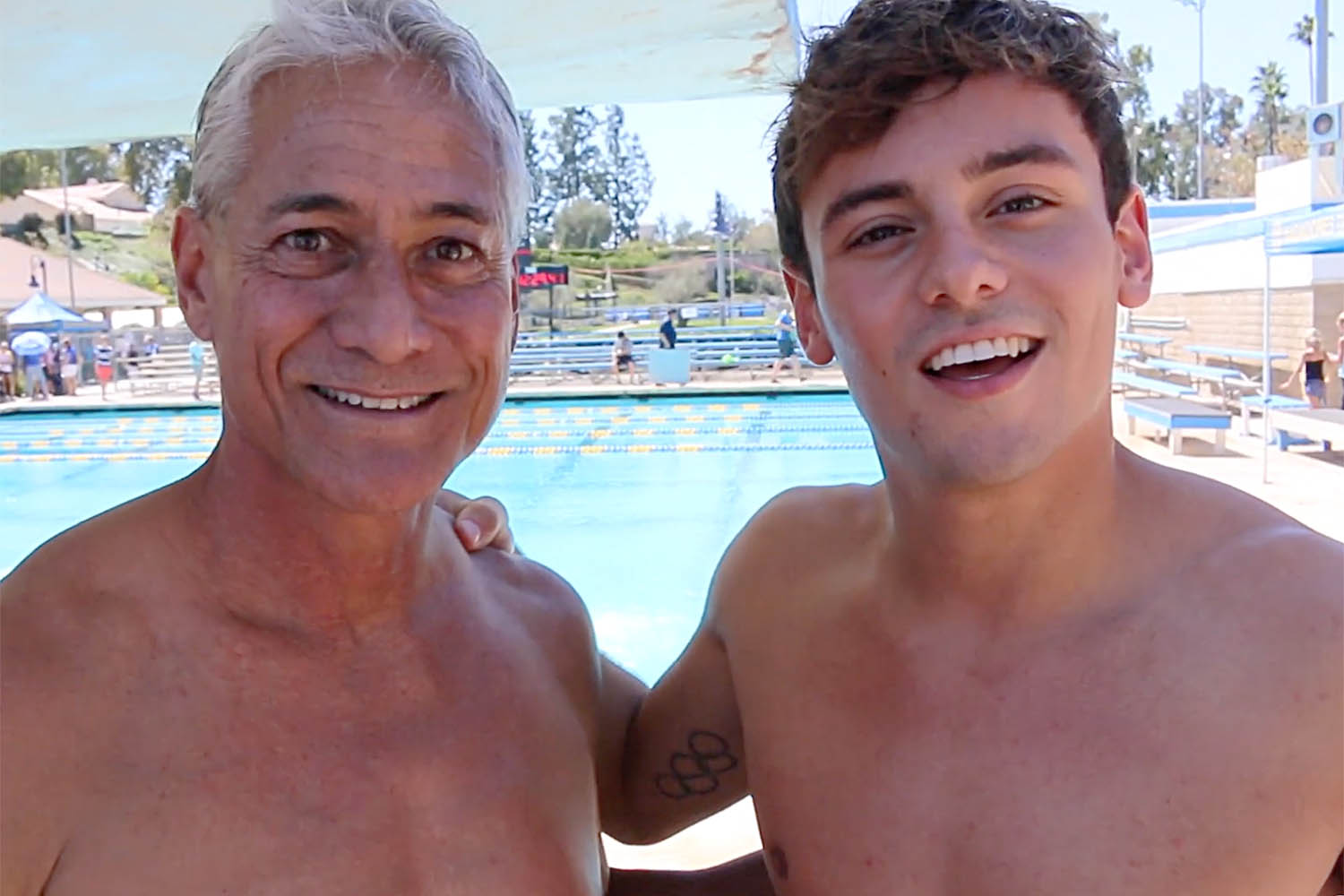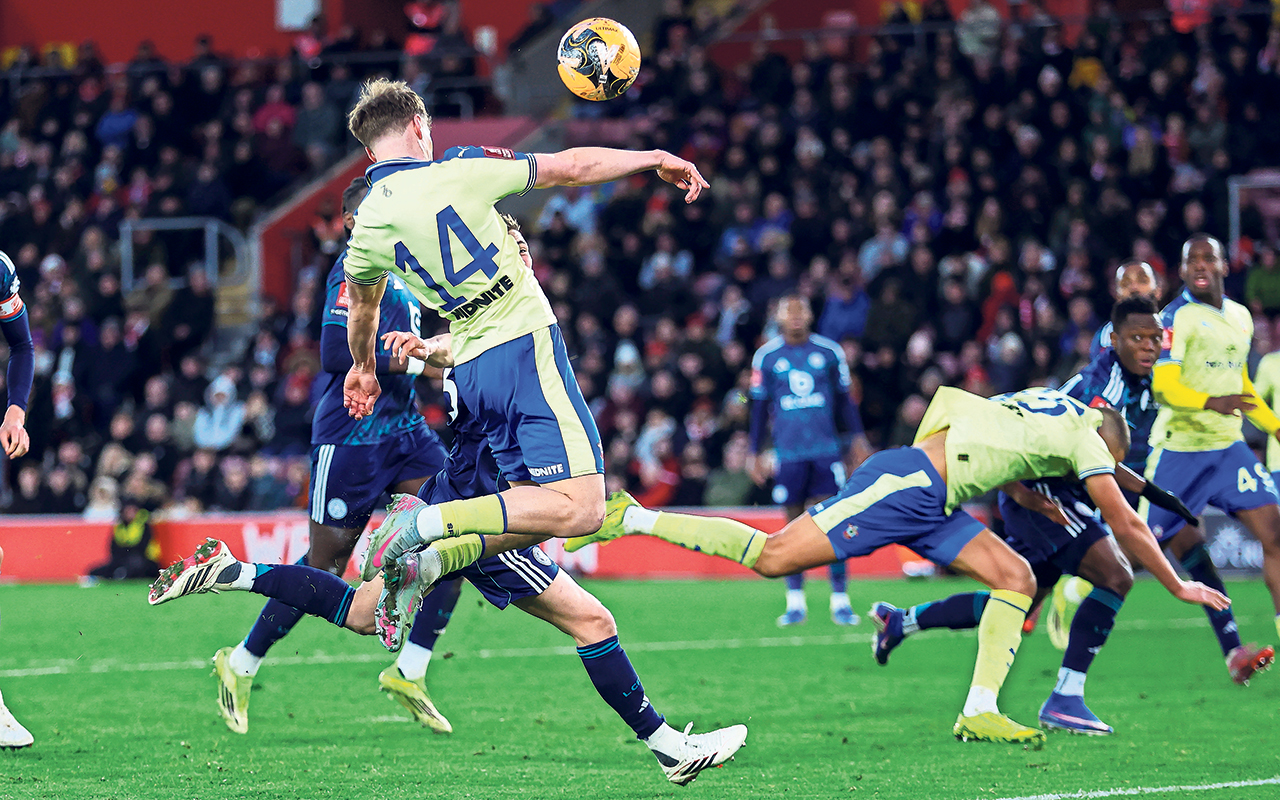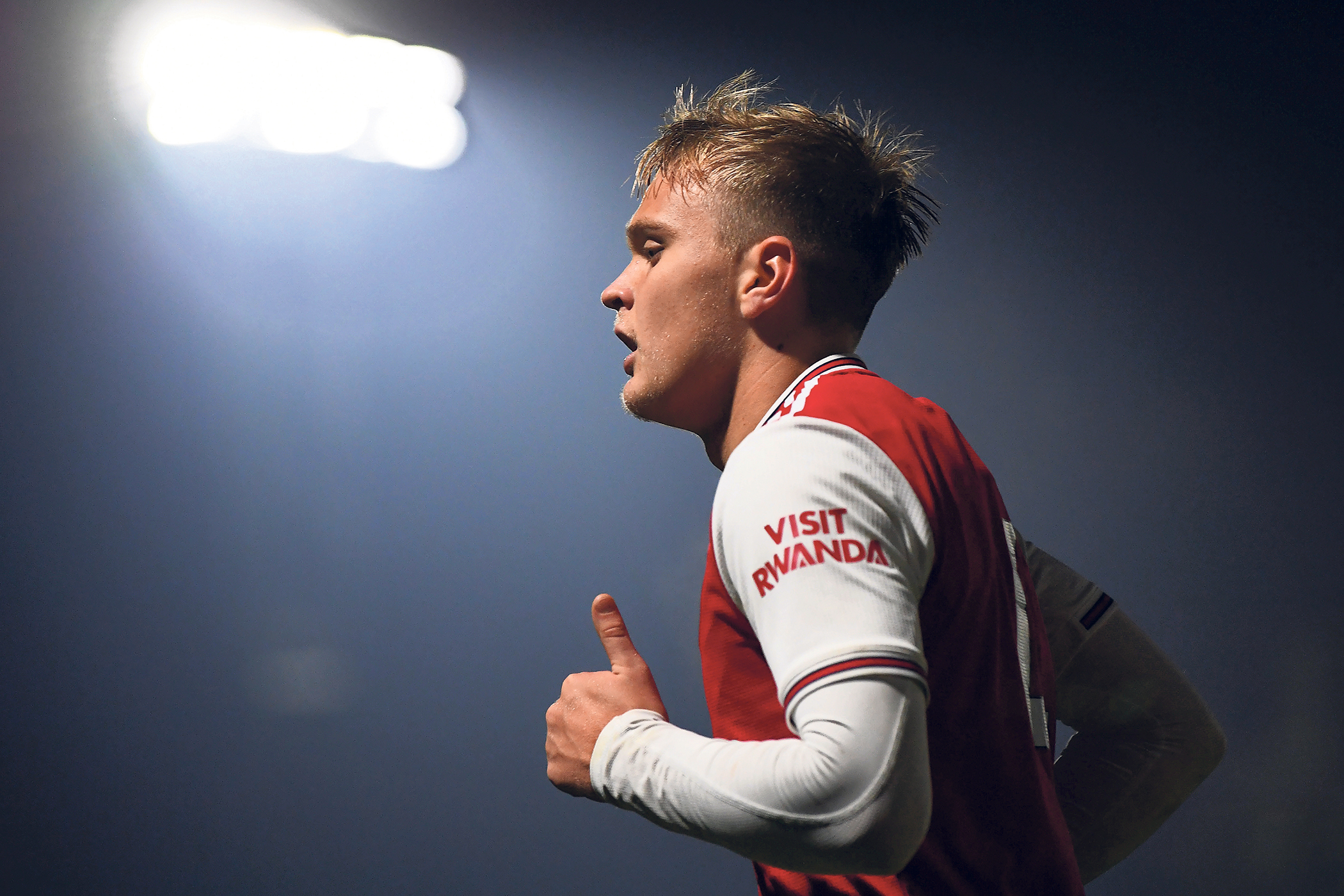Tom Daley on Greg Louganis
Greg Louganis is an icon: the diver who hit his head on the springboard during the Seoul Olympics prelims in 1988, then came back to win gold that same year. He went through his whole career in the closet, only coming out in retirement.
I first met him when I was 16 in Arizona, but later in my career he was a major mentor for me as I was coming out and, afterwards, he was a rock. He understood the journey I was on both in the sport and outside of it. When Greg was diving, there was no option to be true to who you were as a queer person. When I could, he wanted to be there. He was worried about what the experience would be like. He was a sounding board, but also a layer of protection when I struggled with the pressures. We had this unique, shared experience that gave us an understanding that didn’t need explaining.
Then, towards the later end of my career, the 2016 Rio Olympics and beyond, he was an invaluable support. I went in really hoping to win an individual event medal and he encouraged me into that mindset. Then I didn’t. I was frustrated and angry – a lifetime of work for one moment that didn’t go right.
Greg told me that although it felt rough at rock bottom, I would come back from it with the perspective I’d need to shine. His wisdom and support kept me afloat. He taught me to not hinge my self-worth on the sport, that my identity is more than diving. I’m holding on to that now, as I move into retirement. Who knows how my life would have turned out without him.
Richard Branson on Freddie Laker
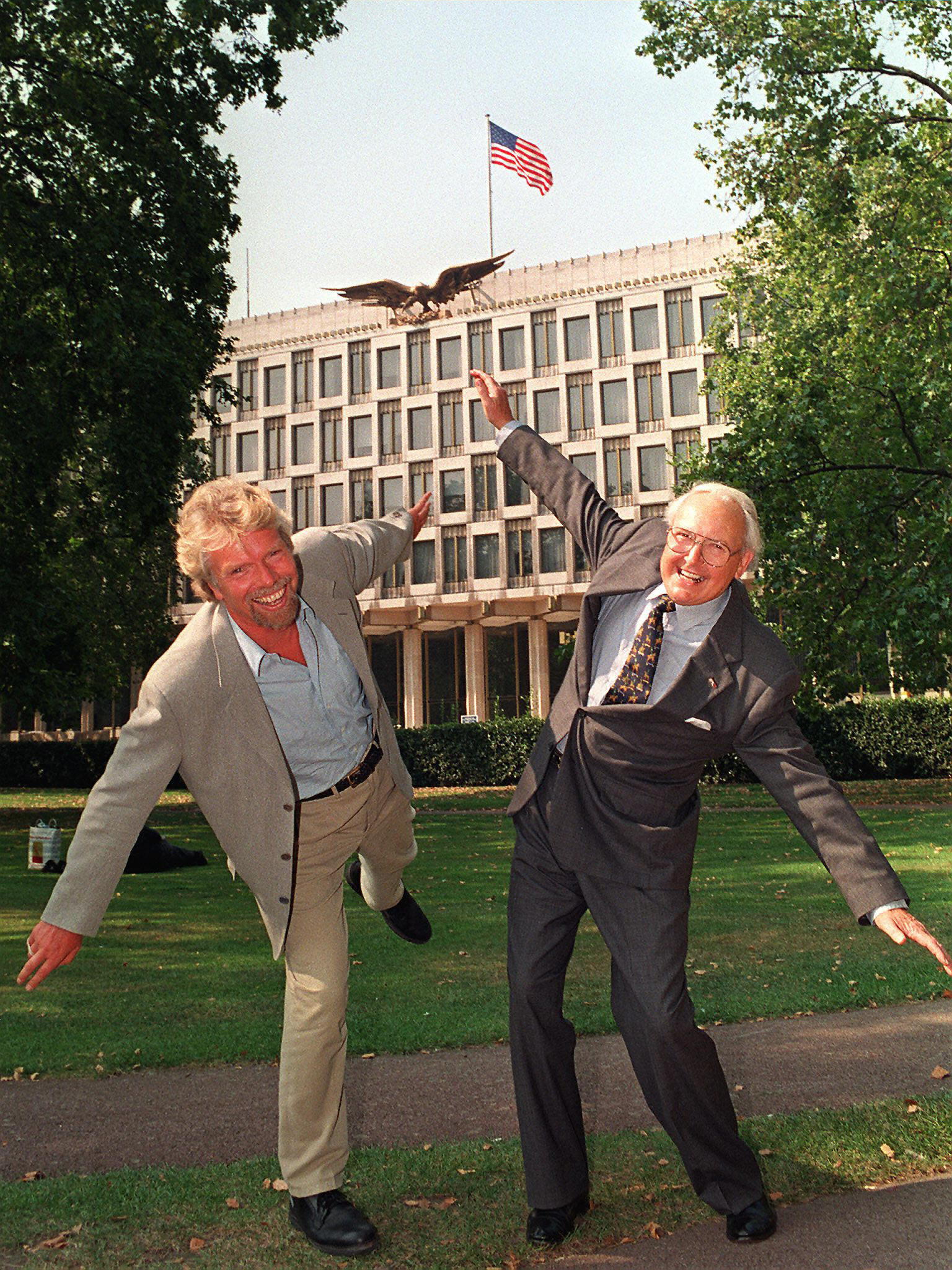
When I first met Freddie Laker in the early 1980s, I was a young upstart with a single secondhand 747 and a dream of getting a new airline off the ground. Freddie was a legend who had dared to take on the aviation giants; a leading pioneer opening up civil aviation to ordinary people previously priced out.
He had charisma, guts and a wicked sense of humour, plus wisdom earned the hard way. Freddie took me under his wing as I tried to launch Virgin Atlantic. I think he saw something of himself in me, the cheeky challenger willing to ruffle feathers. A valuable lesson Freddie taught me was how to market with no budget: “You’ll never have the advertising power to outsell British Airways. You are going to have to get out there... Make a fool of yourself. Otherwise, you won’t survive.”
That thinking shaped Virgin from day one, turning PR stunts into brand gold. Freddie showed me that boldness and creativity could beat deep pockets. He didn’t just mentor me in business, he taught me how to lead with mischief, resilience and heart. He believed in pushing boundaries and giving the public a reason to cheer for the underdog. Freddie wasn’t just a mentor; he was a rebel spirit who showed me that impossible dreams are often just dreams not tried hard enough.
Bear Grylls on Mark Burnett
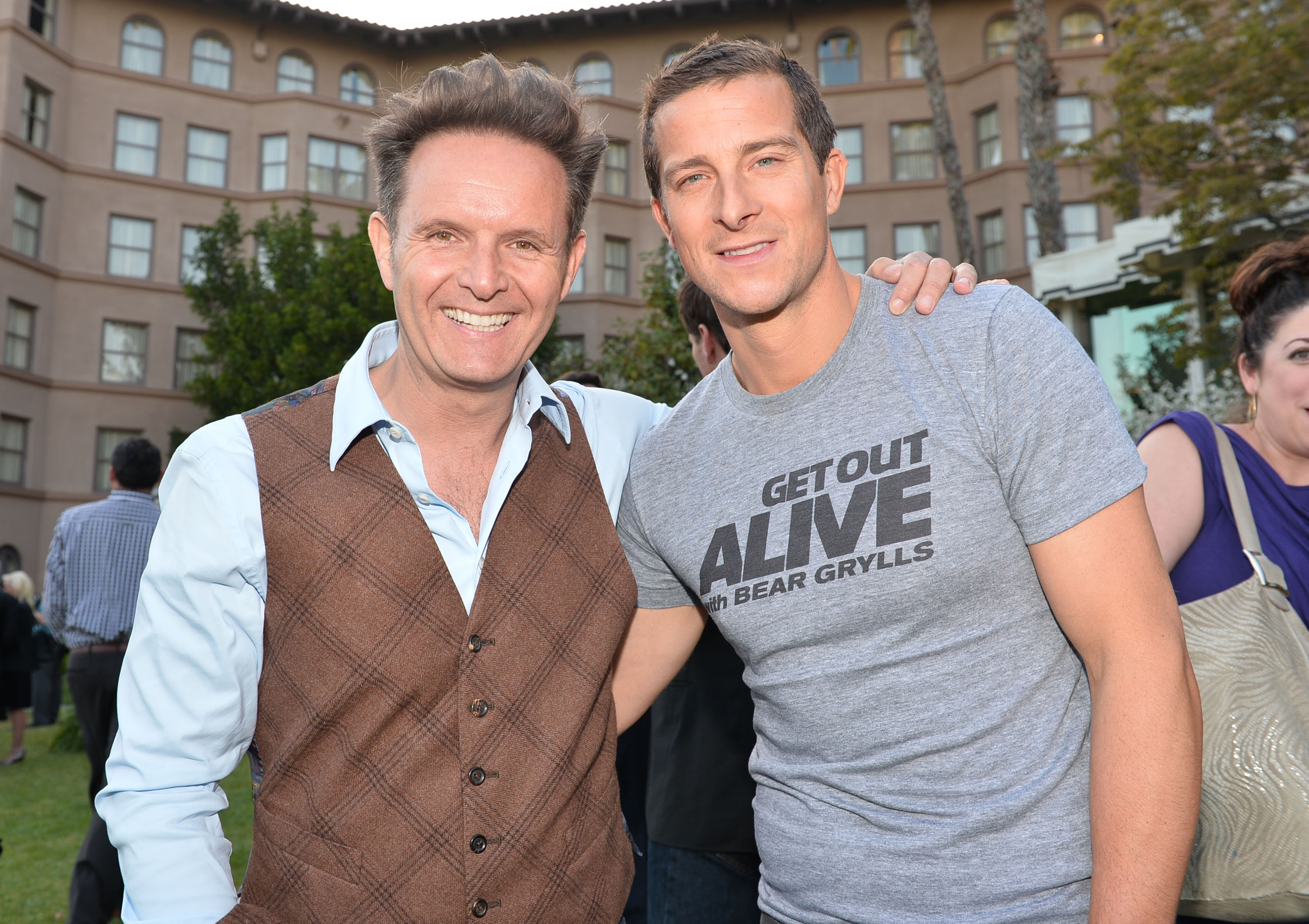
Losing my dad young, in my early 20s, I felt under-equipped for what lay ahead of me. I was leaving the military, having broken my back; newly married, I was scrabbling around, trying to work out what next. My wife, Shara, had lost her father young, too. Neither of us had that figure to fall back on. For 10 years, there was this gap in my life. I kept making mistakes, with nobody to turn to. Then, I started to seek out mentors, in all different eras of my life, and found so many men willing to help me. The world often honours humility – ask for guidance; more times than not, people are ready to share.
People such as Mark Burnett, now Trump’s special envoy to Britain, an ex-paratrooper who made it big in Hollywood. He taught me ambition: to shoot for the stars and fight to win, but to not be afraid of failure. He made me think bigger than I ever dared imagine. In key business battles over the years he had my corner, like helping me win back control over our productions. LA was a cut-throat town in the years we lived there, but he showed me you needn’t tread on anyone to make it to the top. He supported me without any ulterior motive but caring for me.
Jordan Stephens on Richard Bray
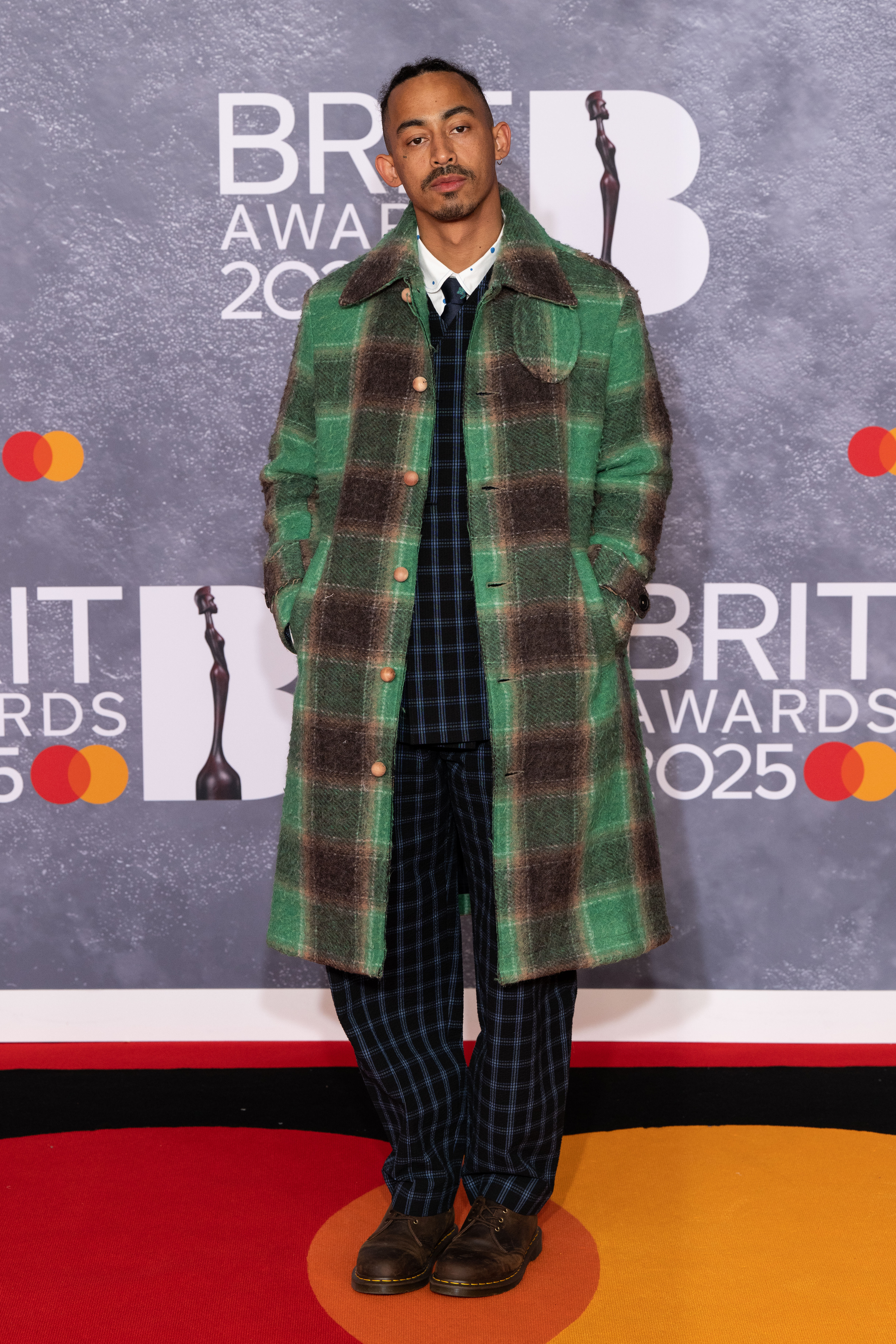
I had to do so much on my own to make it. Often, there wasn’t someone there. I grew up in Neasden, northwest London, without much money. Mum was on the dole. In my teens, I was running around Brighton trying to get a break, mocked for trying to make it in music. Sometimes, it’s the small things that make all the difference.
Newsletters
Choose the newsletters you want to receive
View more
For information about how The Observer protects your data, read our Privacy Policy
My cousin-in-law, Richard Bray, showed that to me. I played him some demos, he believed in my music. He took a chance on me, giving me a few hundred quid to pay for early recording sessions and for the design of an EP cover to help me pitch record labels. I took my bandmate Harley [Sylvester] to those sessions. It’s where we solidified Rizzle Kicks. Mum aside, Richard was the first person to properly back me. It wasn’t much, but putting his money where his mouth was when he didn’t need to? That felt huge.
I was so excited that he’d opened these doors that I wrote a list of things I could do with more cash and took it to him. “Are you sure?” He replied. “Make it yourself, you’ll feel good. Too much help and you lose the opportunity to do it for yourself.” And he was right.
Gordon Ramsay on Reg Grundy
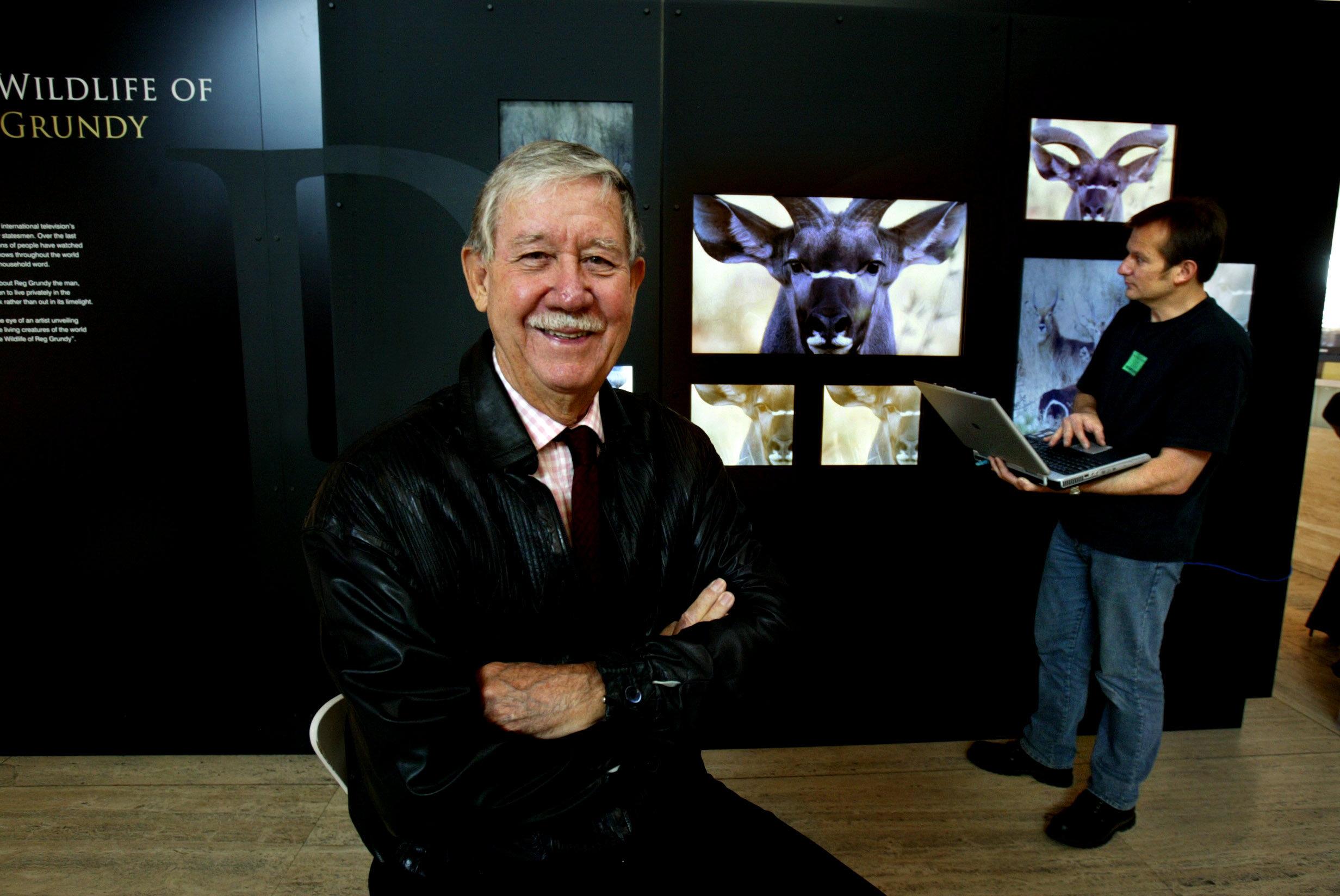
I’d hit a brick wall when I met Reg Grundy, after five years of relentless training in Michelin restaurants. I was in my early 20s and felt directionless. Reg, who I learned was an Australian media mogul, hired me to work as a chef on his super yacht. I’d sit and hear stories of how he built his team, his business and success. I’ve never met a man more humble.
Reg saw potential in me and told me I needed to establish my own dreams, not drift around the world with him. I needed that, having been dealt a dysfunctional card: an alcoholic father with whom I didn’t have a good relationship. I was confused by the role he was meant to play and embarrassed by his actions. It was unsettling, constantly changing council estates and schools, him unable to keep a job. I wanted to be the opposite, but I didn’t know how. Reg offered that example.
He introduced me to three core values to work on while on board. First, gain credit in your circle; allow everyone to understand how good you are. Secondly, work on your reputation. And, finally, form a character, both firm and soft. There was all sorts of other advice: identify and understand your moral compass; don’t dwell on mistakes, put them down to the education your parents never gave you.
Reg offered me a timeout – a place to recharge my batteries before a new adventure. That’s exactly what I did 12 months later. I went back to London and opened my first restaurant. Without him, I would never have done it.
John Barnes on Graham Taylor
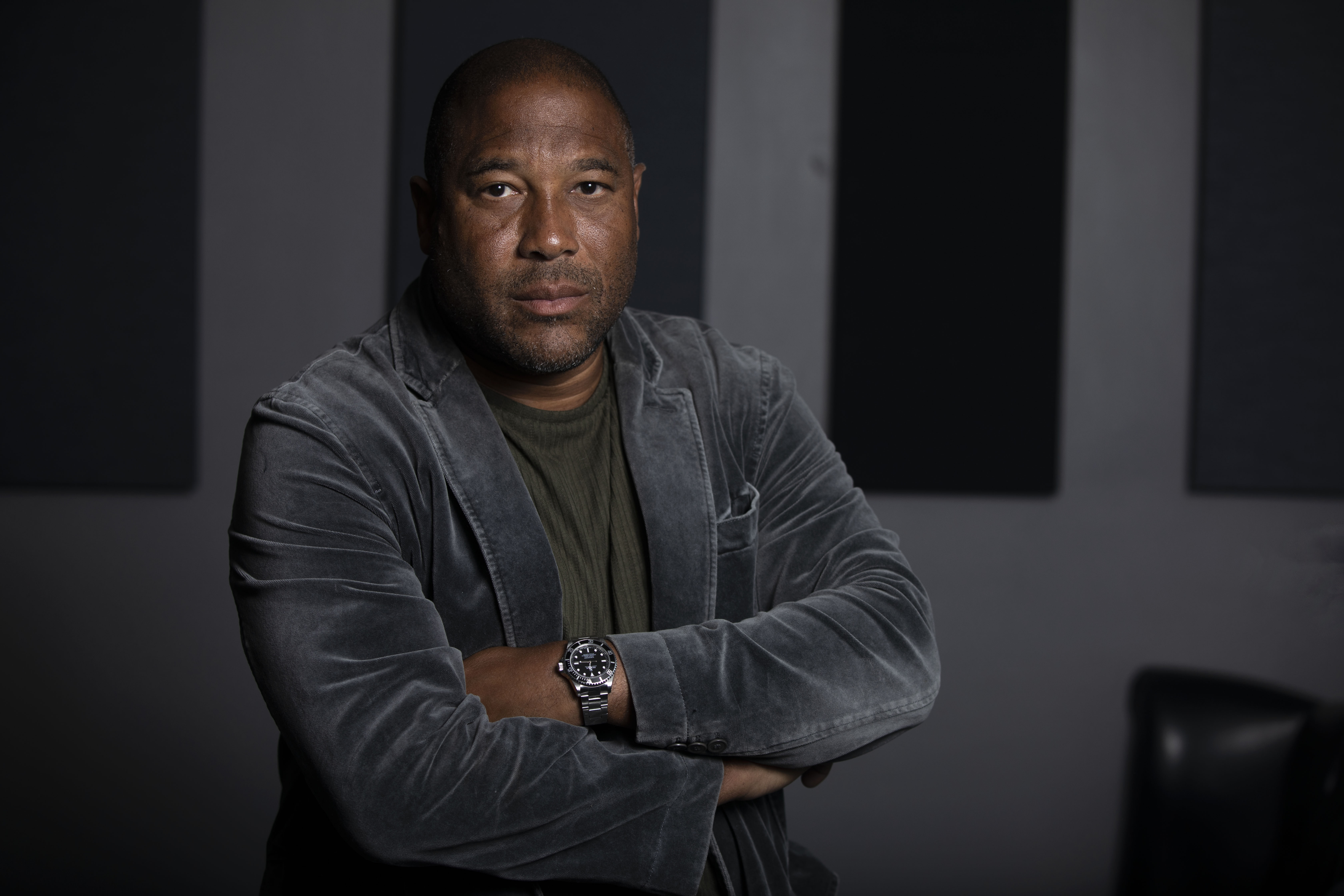
Graham Taylor wasn’t dissimilar to dad. My father, an army colonel, went to Sandhurst in the 1950s. He faced all sorts from these white, upper-middle-class officers. He didn’t cry about it, but proved his prowess, becoming the heavyweight boxing champ, and winning at all sorts of other sports. He taught me that when facing hardship, you get through.
At Watford, my first club aged 17, Graham was the manager. He’d brought the team up from the fourth division to the first: he trained us to be strong, stoic and resilient among the big boys. Our first season up, we finished second in the league between Liverpool and Man Utd. Graham instilled in us the togetherness, spirit and discipline needed.
And he didn’t let success get to my head. Believe all the hype in the press and you’ll have to believe it when they say you’re terrible as well. Graham warned me about racial abuse and asked how I’d handle it. He told me I needed to ignore it, be bigger and better. That was the narrative then. So many Black players couldn’t cope and were lost to the game.
When we played against Oldham, in 1981, Graham wasn’t in the dressing room at our half-time team talk. Only years later did I learn where he was. He’d stepped out into the middle of the pitch with a microphone and addressed our fans: “I’ve heard murmurs of racism towards Oldham players. If I hear more, those responsible will never come to a Watford match again.” That was unheard of then, but he never even said a word about it.
Photographs by Alan Smith; Alamy; Getty
Further reading: The lost boys
